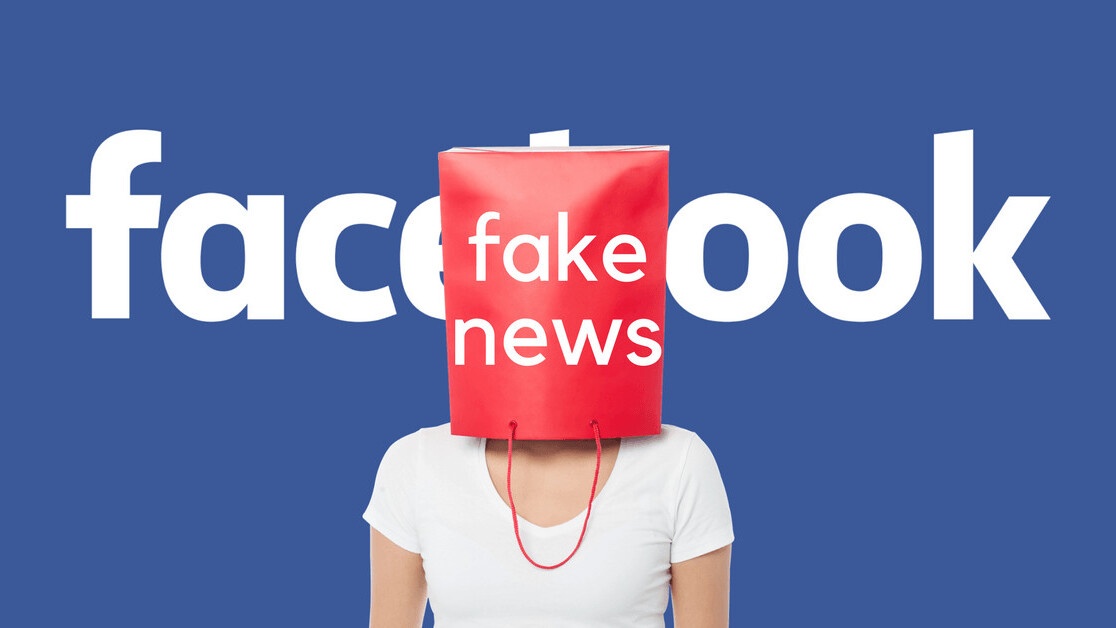
Facebook today revealed it’d identified and removed several new fake news sources on its platform and Instagram. Some of the latest apparently include Southeast Asian telcom companies — whose goal is apparently to discredit their rivals, making it a rare case of disinformation used for commercial purposes rather than nationalistic ones.
According to a statement from Nathaniel Gleicher, Facebook’s Head of Security Policy the fake news pages were linked to state-owned telcoms companies, namely Myanmar’s Mytel and Vietnam’s Viettel. In total, Facebook removed 13 accounts and 10 pages that violated its rules. The pages used memes and “news” about other companies to discredit them in the eyes of consumers.
Gleicher said the accounts sneakily tried throw shade at other telcom companies:
The individuals behind this network used fake accounts to manage Pages posing as independent telcom consumer news hubs. They also purported to be customers of some of the telcom providers in Myanmar posting critical commentary about those companies and their services. The Page admins and account owners typically shared content in English and Burmese about alleged business failures and planned market exit of some service providers in Myanmar, and their alleged fraudulent activity against their customers.
Facebook was able to trace the posts to both the telcom providers and a Vietnamese PR firm. The Atlantic Council’s Digital Forensic Research Lab found that one of the tactics the pages used was to encourage users to dial a particular code to access 10 extra gbs of data. This would have the effect of blocking the outgoing calls, making it look like the code (which had been “provided” by the rival telcom companies) was a dud. Mytel’s pages offered a convenient fix.
Facebook estimates about $1.2 million was spent on this campaign, and around 265,600 accounts followed one or more of the phony pages. Viettel spokespeople told The Financial Times that it didn’t condone these kinds of tactics and it was conducting an internal review to verify Facebook’s claims.
According to Gleicher, Facebook also unearthed a major disinformation campaign out of Russia, the major focus of which appeared to be Ukraine. In that case, Facebook found links to Russian military intelligence services. Research firm Graphika did the thankless job of picking through the assets Facebook unearthed, and found some of the pages were successful in pitching their stories to news outlets, including one which contributed 100 articles to a Moldovan newspaper.
Get the TNW newsletter
Get the most important tech news in your inbox each week.




